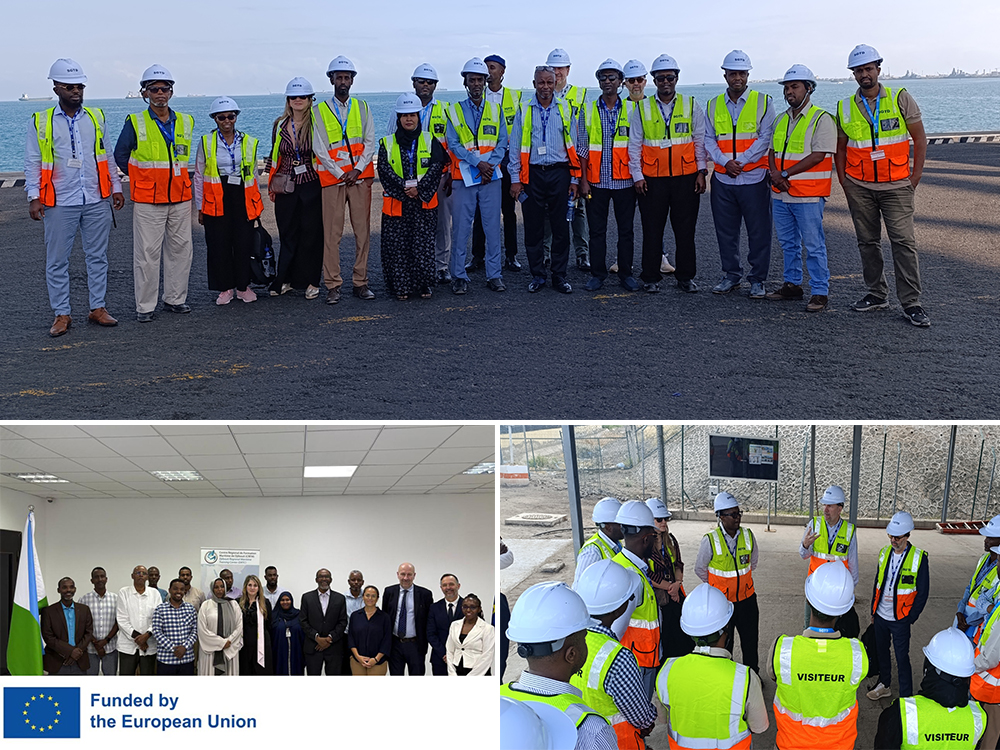Local authorities in Djibouti have strengthened their port facility security plans (PFSPs) and upskilled the personnel responsible for their implementation, following a maritime security workshop in Djibouti City (26-30 January).
Delivered by IMO, the workshop focused on developing mitigation strategies to address security gaps, identifying necessary investments and costs, and evaluating risks to defend against threats such as smuggling, terrorism, and other criminal activities. The workshop brought together 20 participants, including port facility security officers, port authorities, recognized security organizations, port security staff, national police officers, and facility managers from Djiboutian ports. The European Union Delegation to Djibouti opened the event, supporting IMO's ongoing efforts to improve maritime safety and security in the region.
Participants discussed their roles in implementing Port Facility Security Plans, as outlined in provisions in the International Convention for the Safety of Life at Sea (SOLAS) and the International Ship and Port Facility Security (ISPS) Code. The ultimate goal of PFSPs is to safeguard human life, property, and the environment. The workshop is the latest in a series being rolled out by the EU-funded Regional Programme for Maritime Security in the Red Sea Area ('Red Sea Project'). The Red Sea Project is jointly implemented by IMO, the United Nations Office on Drugs and Crime (UNODC), INTERPOL, and the Intergovernmental Authority on Development (IGAD). The initiative seeks to help countries in the Southern Red Sea and Gulf of Aden bolster maritime security and safety, directly contributing with Africa's 2050 Integrated Maritime Strategy.
Strategically located at the intersection of major international shipping lanes connecting Asia, Africa, and Europe, Djibouti's ports play a critical economic role. Enhancing their security framework supports regional stability by reinforcing their role as a key maritime hub for trade and commerce in the Horn of Africa.
